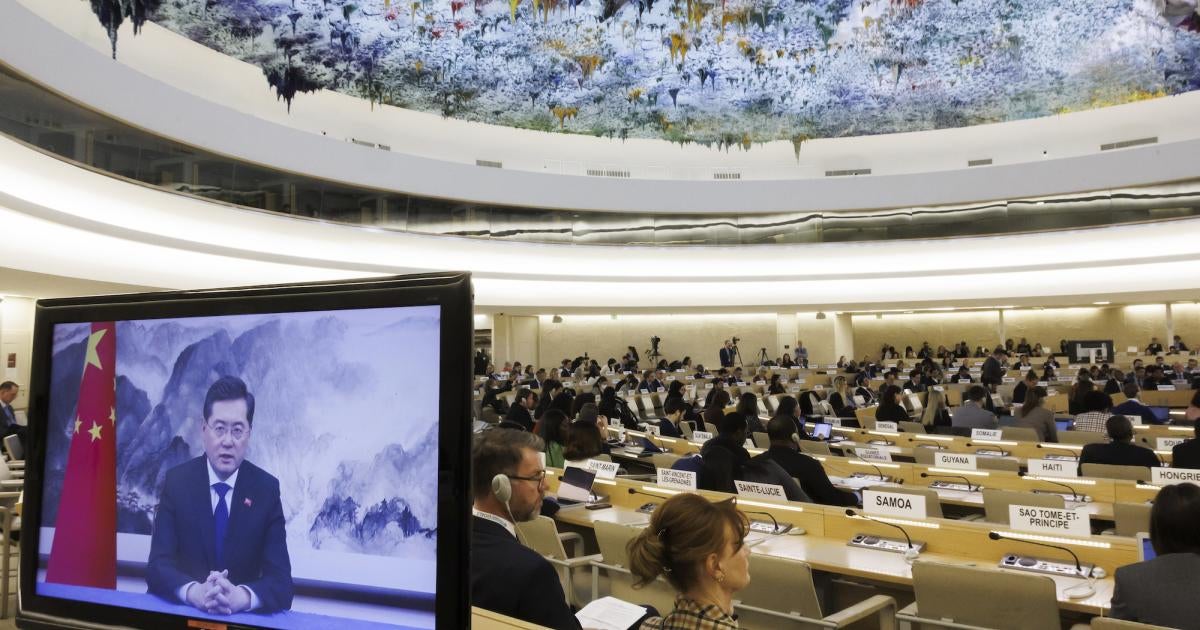The Chinese government appears increasingly anxious to silence critics of its appalling human rights record. At home, it arbitrarily detains or forcibly disappears them; abroad, it harasses them. At the United Nations, it’s seeking anotherterm on the UN’s top human rights body – the Human Rights Council – while telling member states to boycott public events highlighting its litany of human rights violations in Hong Kong, Tibet, and Xinjiang.
During the UN General Assembly’s annual high-level session in New York in September, China’s UN mission wrote to each UN member state to “strongly recommend your mission NOT to participate” in a side event on Xinjiang organized by the Atlantic Council, Human Rights Watch and Amnesty International. The plea was ignored, as an audience of hundreds attended to hear details of the Chinese government’s crimes against humanity targeting Uyghurs and other Turkic Muslims, and possible UN responses.
This week, China’s UN delegation in Geneva wrote to UN members telling them “to refrain from participating … in any way” in an event on the sidelines of the Human Rights Council session focused on the authorities’ suppression of media freedom in Hong Kong. But the event had a sizeable crowd of diplomats, journalists, and others interested in learning about ongoing abuses.
Despite Beijing characterizing these events – basic to the Human Rights Council’s functions – as “blatant violations” of the UN Charter, it is among the governments running in a UN General Assembly election on October 10 for membership in the council. On the surface it seems like it’s just the kind of election Beijing likes: a slate in Asia in which there are four candidates for four seats, denying countries any real choice, with no public discussion about whether it is qualified to serve.
But states do have a choice: to not vote for China. If China failed to secure a majority of the General Assembly’s 193 member states, it would not be elected. That’s the best possible outcome for a serial rights violator that has no business serving on a body whose members are supposed to uphold the highest international human rights standards.
Behind closed doors, officials from all manner of governments – often reluctant to criticize Beijing openly for fear of repercussions – tell us they know Chinese commit egregious and systemic human rights violations, and ask us what they can do. The answer is simple: don’t mark your ballot for a government that has shown nothing but contempt for the human rights of people across China and many abroad.



